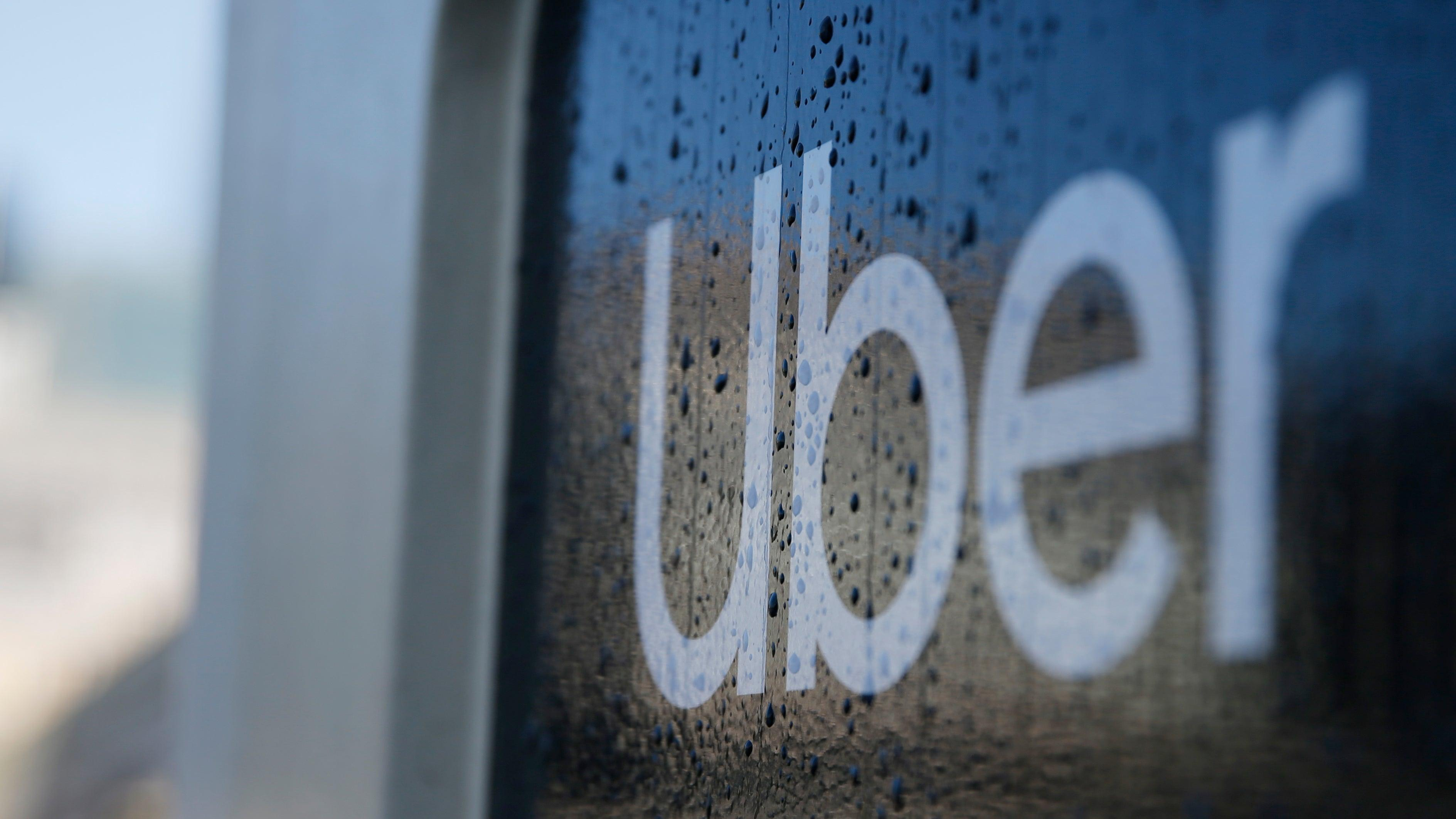Uber's Background Check Company Sucks
The same company is also used by Airbnb, Turo, and DraftKings.
You probably haven't heard of the background check reporting company Inflection before, but you've almost definitely know the companies that use its services. And the companies that use Checkr, the company that recently bought Inflection. Uber, Airbnb, Turo, and DraftKings are all customers.
In theory, it's a useful service. Want to screen potential employees or renters? Just use Inflection. But as it turns out, Inflection has a long history of providing inaccurate information, leaving innocent people unable to find jobs or housing. Which I would argue is a bad thing.
Vice's Motherboard dug into Inflection and found "more than a dozen lawsuits against Inflection in the last three years." A lot of those were from people who say the company kept inaccurate information on their reports, resulting in bans from Airbnb. Oh, and Checkr, the company that bought Inflection? Hundreds of lawsuits have been filed against them, too.
For example, one man who settled with Inflection claims his report included information on two other men who have the same name. Because of that mistake, anyone who looked at his report would falsely think he was someone "with a four-count felony criminal conviction where a man intended to commit an armed robbery," and "was charged with felony possession of a Schedule II opiate with intent to manufacture," along with "a Class A felony for trafficking fentanyl."
Based on Motherboard's investigation, he's far from the only one to have issues with their background report.
As previously mentioned, while these services impact people's ability to use Uber or Airbnb, inaccurate reports also mess with people's ability to get jobs and find a place to live. Renting an apartment is tough enough these days without having to worry that someone with a similar name could tank your application. If you were arrested but later acquitted, there's no guarantee Inflection's report will be updated to include you're acquittal, ruining job prospects without you even knowing it.
"It's a problem and a mistake can occur at any point along the chain. Most of the time, with the companies that are buying it, they're just getting what they get, and then reporting it," Mark Mailman, a consumer reporting attorney, told Motherboard.
The good news is, the Consumer Financial Protection Bureau is starting to take this issue seriously. Last year, it warned consumer reporting companies that "name-only matching" is harmful and potentially against the law.
CFPB director Rohit Chopra also acknowledged that inaccurate reports disproportionally affect racial minorities, writing that, "False identity matching is especially harmful for communities of color who are disproportionately impacted by these sloppy practices. The risk of mismatching from name-only matching is likely to be greater among Hispanic, Black, and Asian individuals because there is less surname diversity in those populations than among the non-Hispanic white population."
But until the CFPB does more, though, consumer attorney David Chami told Motherboard, "If you don't file suit against these companies the chances that the inaccurate reporting occurs in the future increases."
That doesn't exactly instill confidence that the situation will change for the better quickly, but hopefully, getting more attention on the mess that is the consumer reporting industry will put more pressure on regulators to clean things up.
